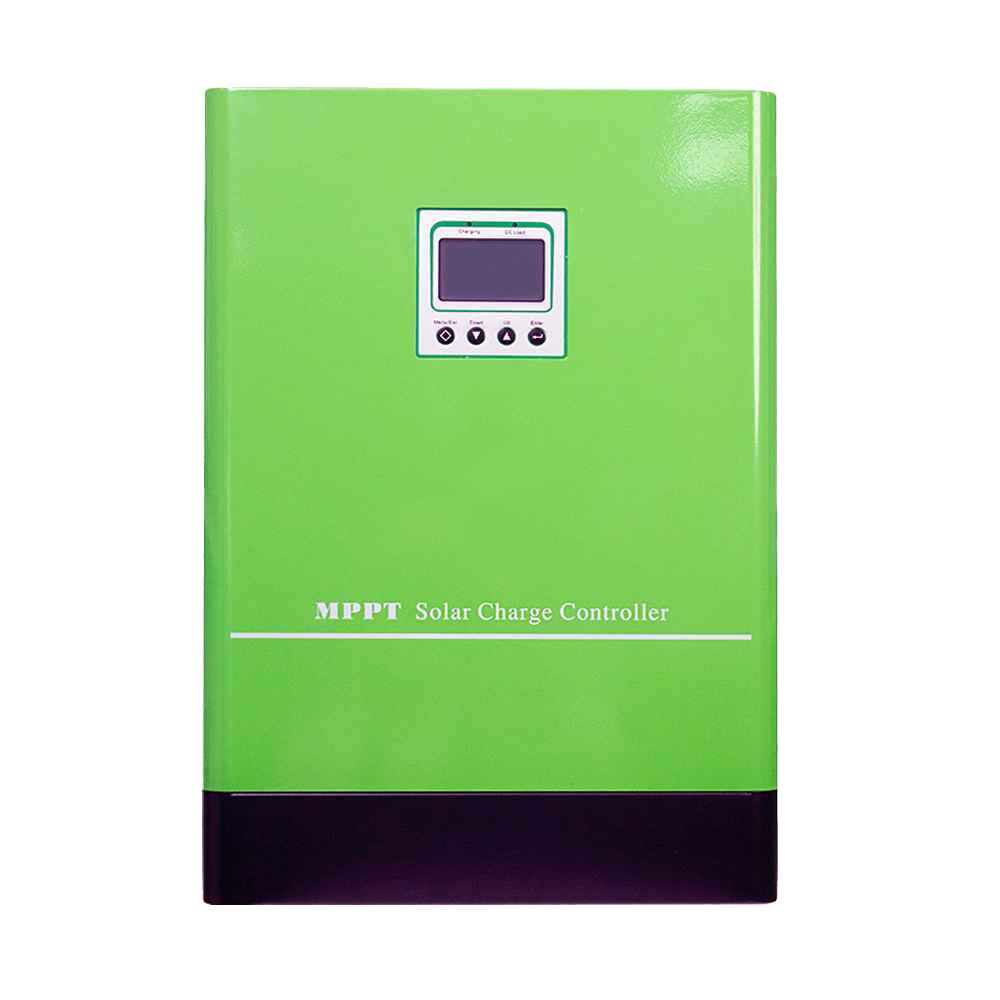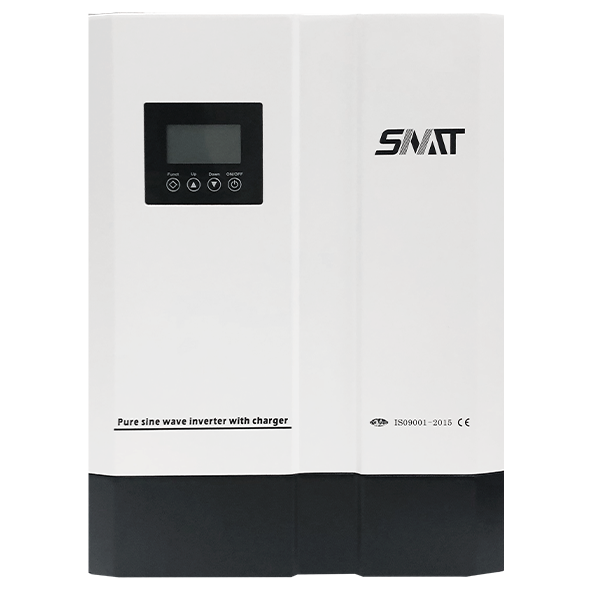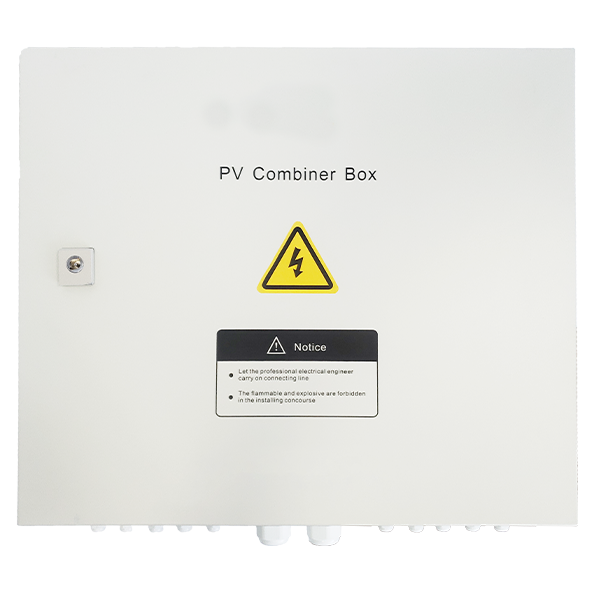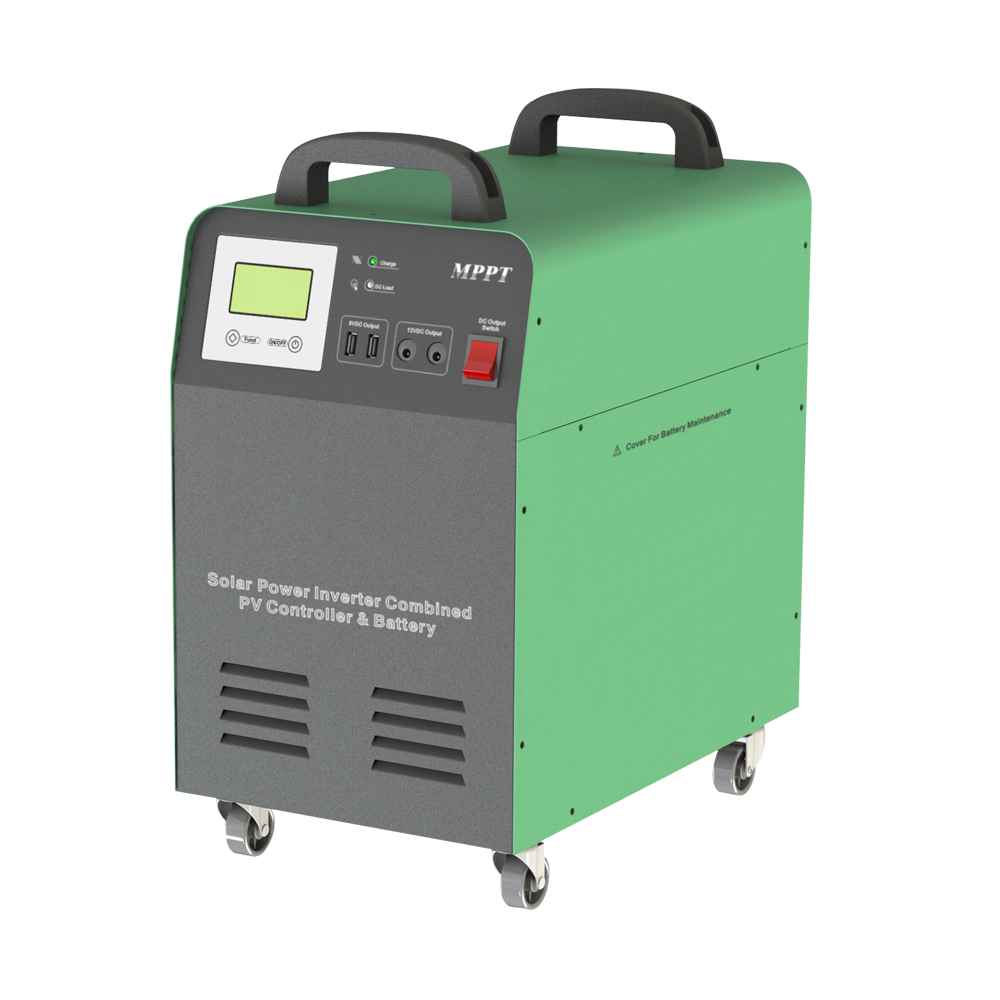Lithium Iron Phosphate (LiFePO4) batteries, a subtype of lithium-ion batteries, have gained significant attention in various applications, ranging from electric vehicles to renewable energy storage solutions. Their unique chemical composition provides significant advantages over ordinary lead-acid and lithium-ion batteries. This article explores six key benefits of using LiFePO4 lithium batteries, highlighting why they are becoming the preferred choice in many sectors.
Superior Safety
Thermal and Chemical Stability
One of the most critical advantages of LiFePO4 batteries is their exceptional safety profile. Unlike other lithium-ion batteries that can overheat and potentially catch fire, LiFePO4 batteries exhibit superior thermal and chemical stability. This stability is due to the robust bond between iron, phosphate, and oxygen in the battery's chemical structure, making it less prone to thermal runaway. In this condition, the battery's temperature uncontrollably increases.
Enhanced Safety Mechanisms
LiFePO4 batteries incorporate multiple safety mechanisms to prevent overcharging, over-discharging, and short circuits. These features considerably minimize the danger of battery failure while also improving user safety, making them ideal for applications where safety is critical, such as electric automobiles and stationary energy storage systems.
Long Cycle Life
Extended Lifespan
LiFePO4 batteries are renowned for their long cycle life, typically offering between 2,000 to 4,000 charge cycles, compared to 500 to 1,000 cycles for traditional lead-acid batteries. This increased lifespan translates into lower replacement prices and less frequent maintenance, resulting in significant economic benefits over the battery's life.

Consistent Performance
Throughout their extended lifecycle, LiFePO4 batteries maintain a consistent level of performance. They have negligible capacity deterioration, ensuring that the battery continues to provide consistent power output even after many charge and discharge cycles. This characteristic is particularly advantageous in applications where consistent performance over time is crucial, such as in solar energy storage systems and electric vehicles.
High Efficiency
Improved Charge and Discharge Efficiency
LiFePO4 batteries boast high charge and discharge efficiency, typically around 95-98%. This high efficiency means that more of the energy stored in the battery is available for use, lowering energy losses and increasing total system efficiency. This attribute is especially beneficial in renewable energy systems, where maximizing the energy harvested from sources like solar and wind is essential.
Fast Charging Capability
Another significant advantage of LiFePO4 batteries is their ability to charge rapidly. They can accept higher charge currents, allowing for faster charging times compared to other battery chemistries. This fast charging capability is a critical feature for applications requiring quick turnaround times, such as electric vehicles and portable electronics.
Environmental Friendliness
Non-Toxic and Sustainable
LiFePO4 batteries are more environmentally friendly compared to other types of batteries. They do not contain toxic heavy metals such as cobalt, lead, or cadmium, which are harmful to the environment and human health. The absence of these metals makes LiFePO4 batteries easier to recycle and dispose of safely.
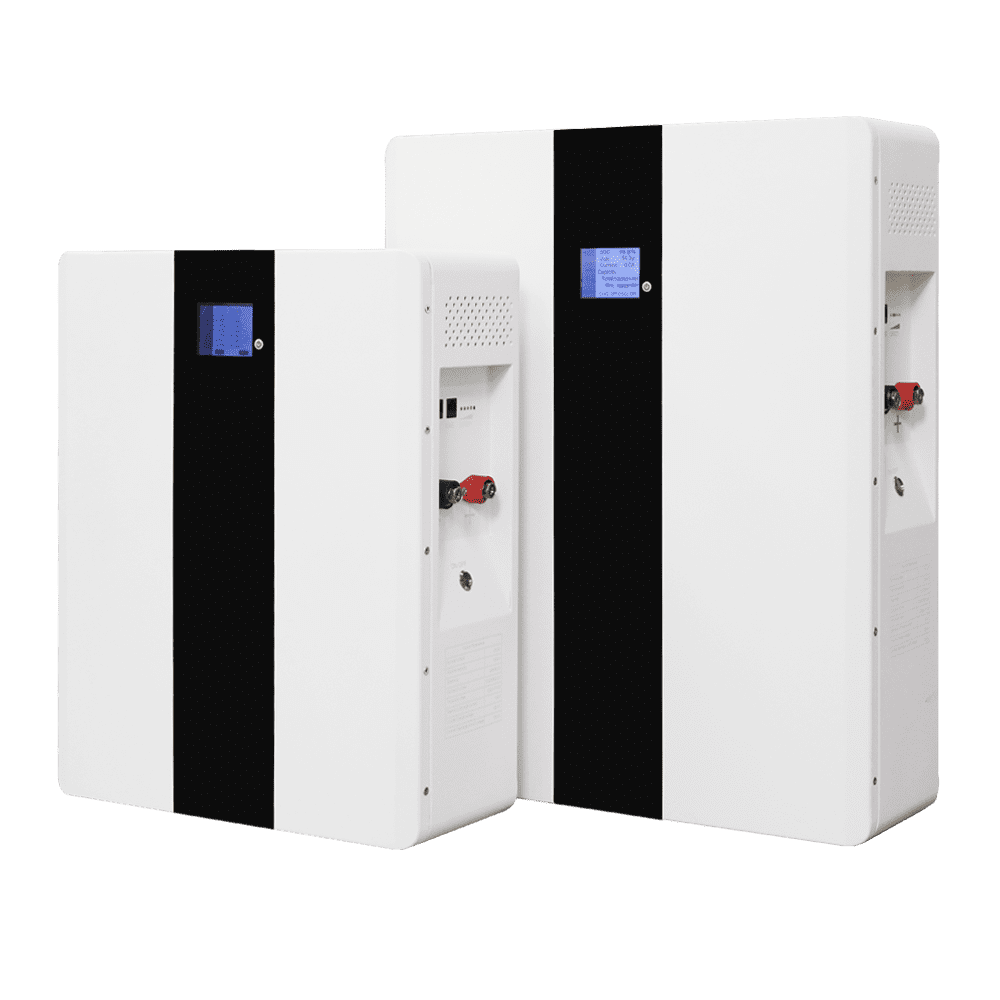
Reduced Environmental Impact
The production and disposal of LiFePO4 batteries have a lower environmental impact. The materials used in these batteries are more plentiful and easier to source sustainably. Additionally, the longer lifespan of LiFePO4 batteries means fewer replacements and less waste, contributing to a reduced environmental footprint over time.
Lightweight and Compact
Higher Energy Density
LiFePO4 batteries offer a higher energy density compared to traditional lead-acid batteries. This means they can store more energy in a smaller and lighter package. For applications such as electric vehicles, drones, and portable power systems, LiFePO4 batteries' lower weight and compact size translate into improved performance, range, and mobility.
Space-Saving Design
The compact design of LiFePO4 batteries allows for more efficient use of space. In applications where space is at a premium, such as marine and RV applications, the ability to fit a powerful energy storage solution into a small footprint is a significant advantage. This space-saving attribute also simplifies the design and integration of energy storage systems.

High Temperature Tolerance
Wide Operating Temperature Range
LiFePO4 batteries perform well across a wide range of temperatures, from -20°C to 60°C (-4°F to 140°F). This wide operating temperature range allows them to be used in a variety of situations, including harsh temperatures where other battery chemistries may fail. For instance, in applications such as outdoor solar installations or industrial equipment, the ability to function reliably in both hot and cold temperatures is crucial.
Reduced Thermal Management Needs
Due to their inherent thermal stability and high temperature tolerance, LiFePO4 batteries require less intensive thermal management systems. This characteristic simplifies the design of the battery management system (BMS) and can reduce the overall cost and complexity of the energy storage solution. The reduced demand for active cooling or heating systems improves the battery's efficiency and reliability.
Conclusion
The advantages of using LiFePO4 lithium batteries are clear and compelling. Their superior safety, long cycle life, high efficiency, environmental friendliness, lightweight and compact design, and high temperature tolerance make them an excellent choice for a wide range of applications. As a premier solar equipment supplier, SNADI is devoted to offering a wide range of solar equipment including LiFePO4 lithium batteries. Please feel free to visit our site and learn more about what we offer.



